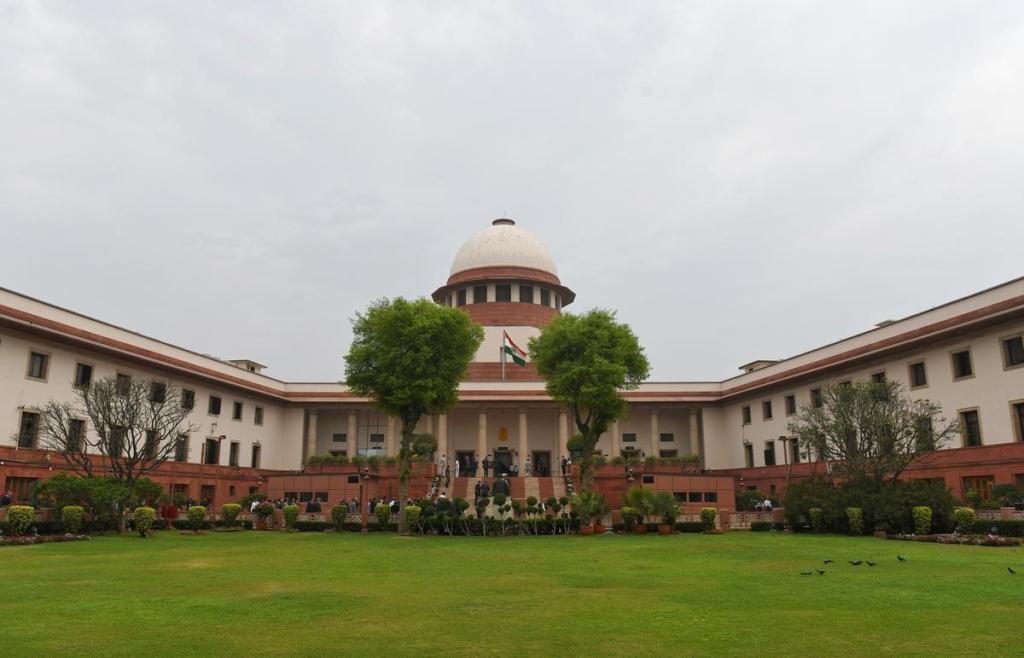Abortion Laws in India are governed by the Medical Termination of Pregnancy (MTP) Act 1971, which establishes the legal framework for termination of pregnancies by registered medical practitioners.
Abortion Laws in India:
Medical Termination of Pregnancy (MTP) Act 1971:
- Establishes the legal framework for the termination of pregnancies by registered medical practitioners.
- Allows abortion up to 20 weeks based on the opinion of one doctor.
- For pregnancies between 20 to 24 weeks, termination is allowed under specific circumstances, requiring the opinion of two doctors.
- Post 24 weeks, abortion is restricted and can only be considered under exceptional circumstances involving substantial foetal abnormalities, requiring the evaluation by a medical board in approved facilities.
MTP Amendment Act, 2021:
- Extended the permissible gestation period for special categories from 20 to 24 weeks, making the law more accommodating for women under distressing conditions.
- Included specific provisions to address situations like rape, sexual assault, and incest, especially concerning minors.
- Provided more flexibility and legal protection for women with disabilities and for those whose marital status changes during pregnancy.
MTP (Amendment) Rules, 2021:
- Lists seven categories of forced pregnancies where abortion can be considered even beyond 24 weeks in special cases.
- These include statutory rape, sexual assault, and instances where the woman’s marital status changes during the pregnancy.
- Emphasizes the setup of a medical board in “approved facilities” to make decisions regarding late-term abortion applications, focusing particularly on cases with substantial foetal abnormalities.
Ref:Source
| UPSC IAS Preparation Resources | |
| Current Affairs Analysis | Topperspedia |
| GS Shots | Simply Explained |
| Daily Flash Cards | Daily Quiz |



